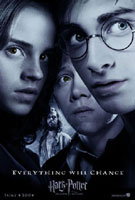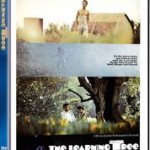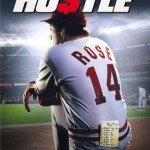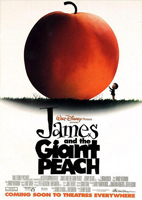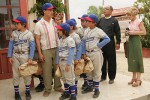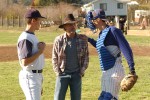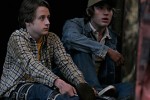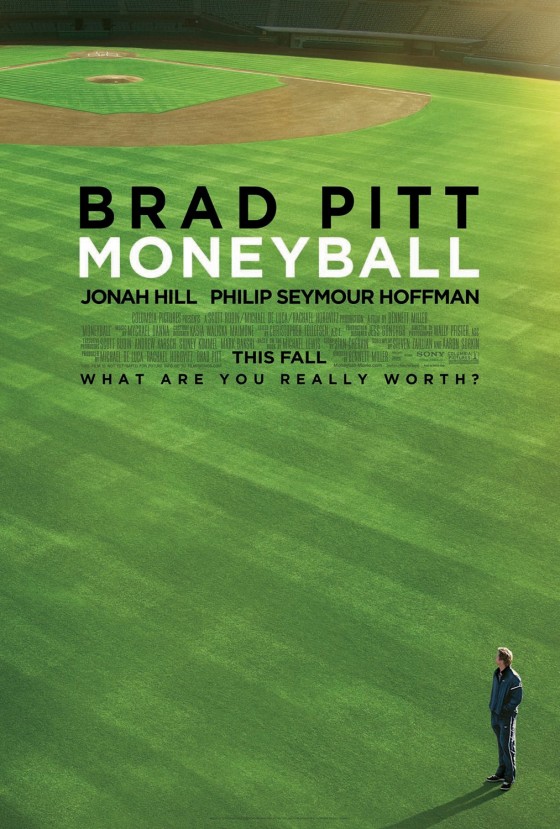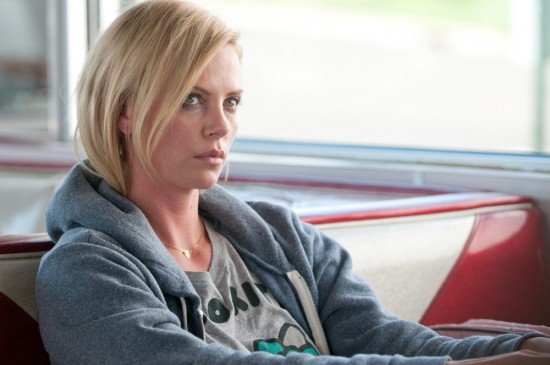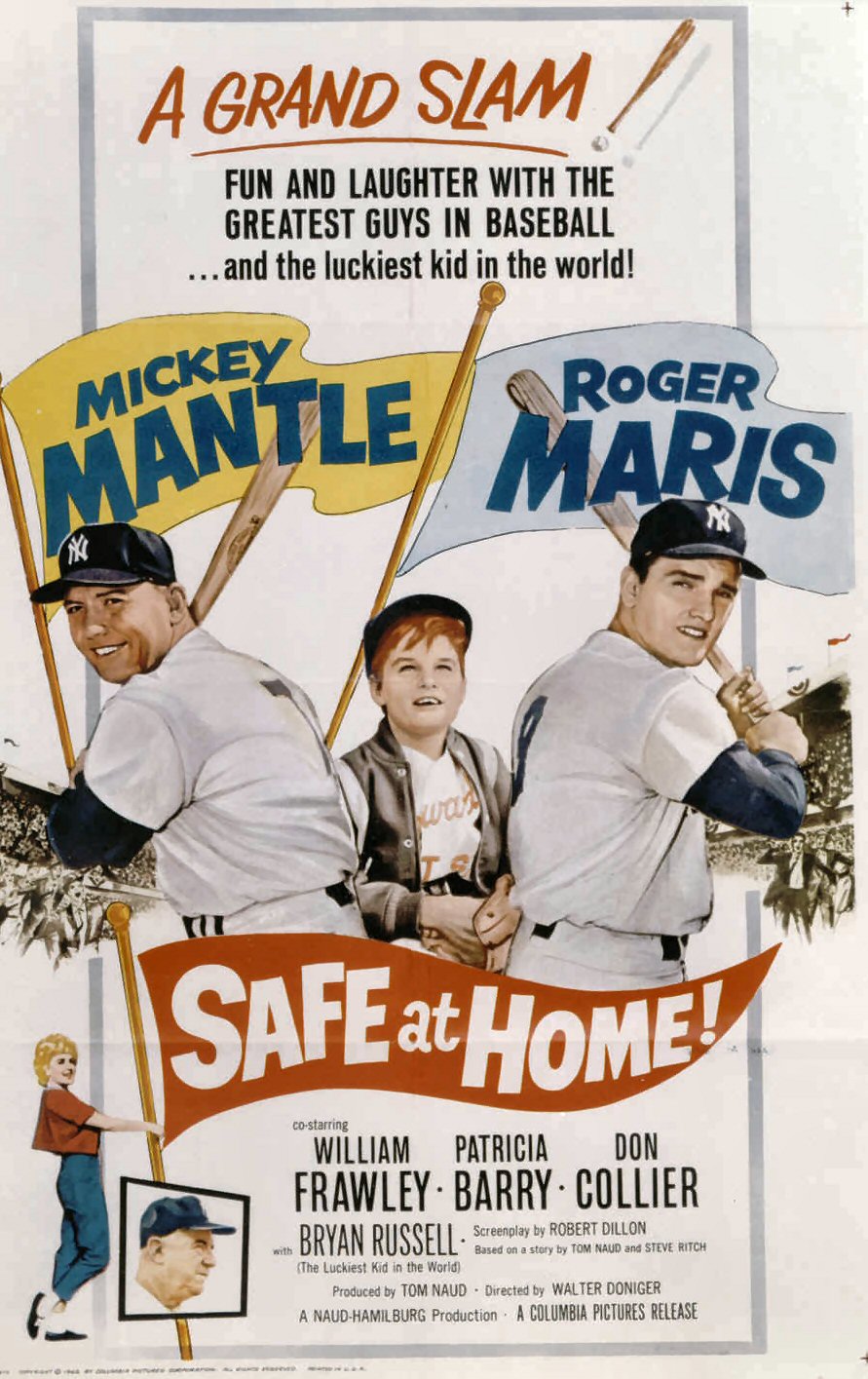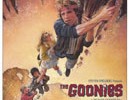Some films cannot and should not be approached in a straightforward manner. They beg the viewer to consider what the filmmaker, traditionally the director, had in mind when they made it. Why? Well some movies just aren’t made to entertain the masses. It might be nice, but with a film like Four Funny Families, it’s just not going to happen. The success or failure of a film such as this depends on the viewer’s willingness to seek out what’s happening in the film. And we all know critical thinking is such a novel concept.
With Four Funny Families director/writer V. Ulea weaves four of Chekov’s comedies, The Seagull, Uncle Vanya, Three Sisters and The Cherry Orchard into one integrated film. The four families from all four plays reside together in a furniture shop filled to the brim with nice chairs, swanky china and curious curios. One family living together often causes enough turmoil and distress. Throw a quartet of clans together and the four Horsemen of the Apocalypse might not be far behind. With the onset of a huge bash, tongues wag freely, leading to all sorts of carnal disasters.
Four Funny Families is a smart post-modern film with lots going on. Sometimes too much. Taking four plays and pulling them all together makes for a lot of characters. While each has their own story arc, they’re shown in brief snippets. By the time the story has cycled around and finally returns to a scene, so much has happened that I frequently found myself overwhelmed keeping track of who is betraying whom.
Perhaps if I were more familiar with Chekov and his work I might have been able to navigate around the furniture store with greater ease. For Ulea, it’s not so hard. She holds a PhD and is currently a professor at the University of Pennsylvania. She’s also written two books on Chekov’s works, so I think it’s safe to say she knows her stuff. With Four Funny Families Ulea is able to explore and interpret Chekov’s four major plays from the lens of modern times. The film is very academic in its scope, hence the numerous complex storylines, any one of which could have easily stood on its own. But I don’t think that is the point the Ulea is trying to make here. She is using Four Funny Families to directly compare and contrast Chekov’s works side by side, in a format different from the stage he wrote them for.
Four Funny Families is a lot of fun with witty dialogue, quirky performances and a catchy soundtrack. It is a film that will be a treat for those familiar with Chekov and those looking for a challenge in their movie watching. For those who watch a film for face value fair, then this might not be an exploration you will want to explore yourself.
